5 Top Tips for Better Sleep Hygiene
By Jessah Shaw, Adv Dip ( Nut Med)
We’ve all had those mornings where we wake up feeling unrefreshed, and whatever the reason for this may be, we can all agree that lack of sleep or poor-quality sleep can have a significant impact on our overall state of health. This is especially detrimental when it’s a frequent occurrence. Here are 5 tips for better sleep hygiene:
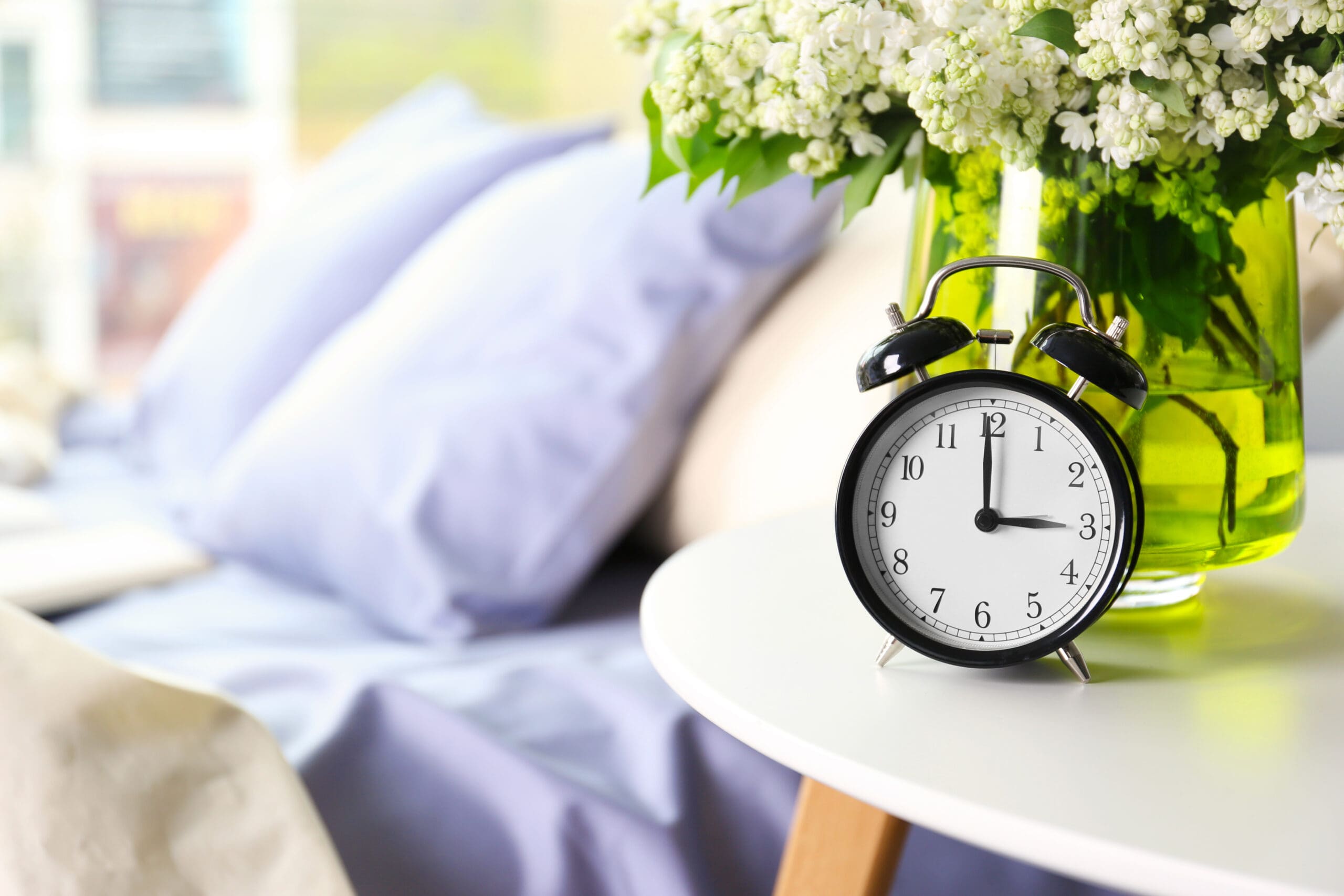

Establish a consistent sleep schedule
Having a consistent sleep and wake time sets a rhythm for the body. This repetition will allow your body to adjust accordingly and know when to expect rest and activity, promoting better sleep quality. Set an alarm for the time you want to start winding down for bed as well as waking up. Ideally you should be aiming to get approx. 8 hours of sleep a night. It’s normal for sleep-wake times to vary a bit on weekends, but sticking to roughly the same times each day will benefit you dramatically.
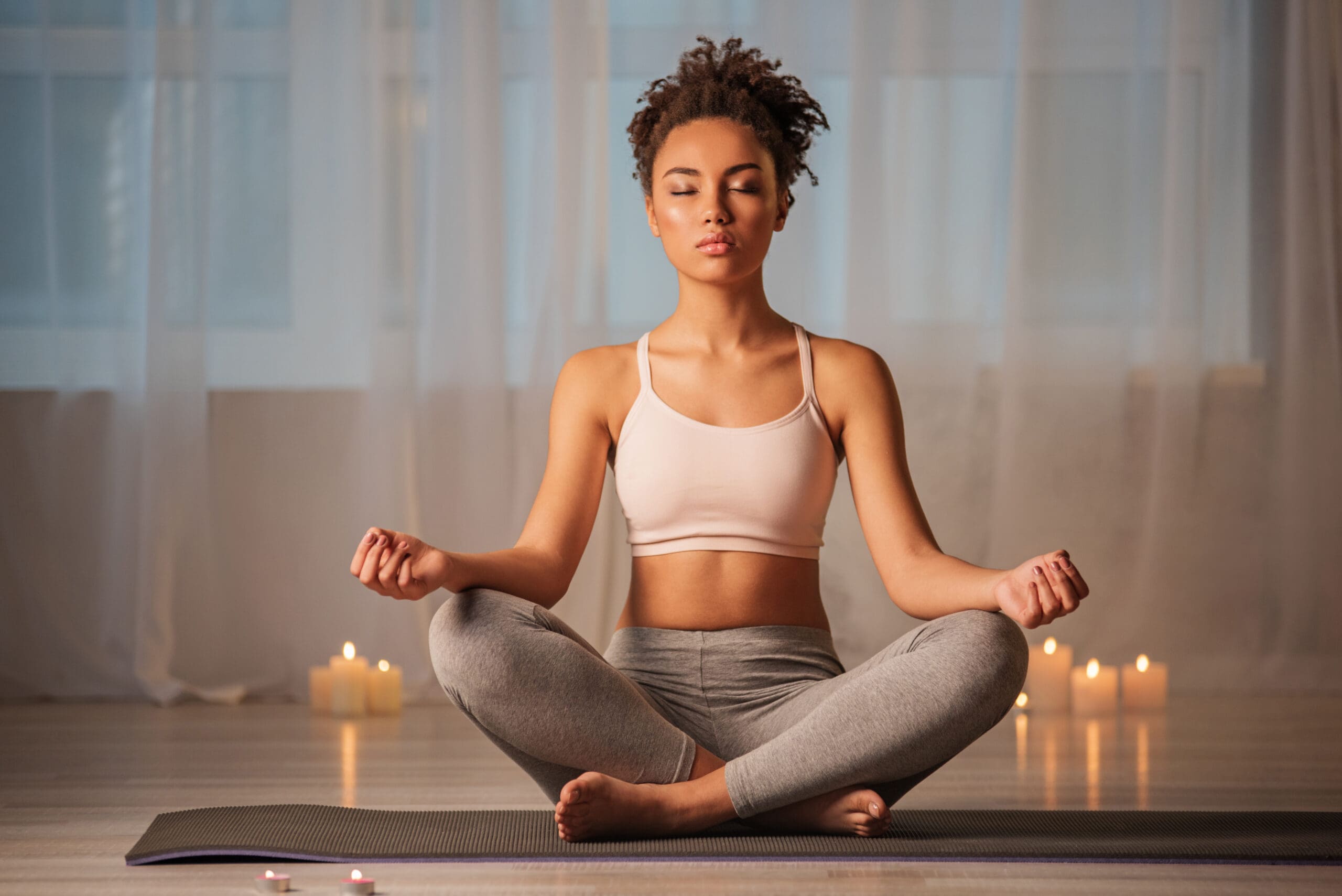

Reduce stress
Stress can exacerbate almost any symptom, so it should come as no surprise that stress levels can have a huge effect on sleep quality. While certain levels of stress can be unavoidable and healthy, the important thing is to have healthy coping mechanisms. Simple and effective methods include listening to relaxing music, a short meditation, deep-breathing exercises, going for a walk or talking to a close friend or family member. You may benefit from taking our magnesium powder which can help to relieve symptoms of stress and sleeplessness. Try to establish a sleep practice around bedtime that relaxes you and prepares you for sleep.
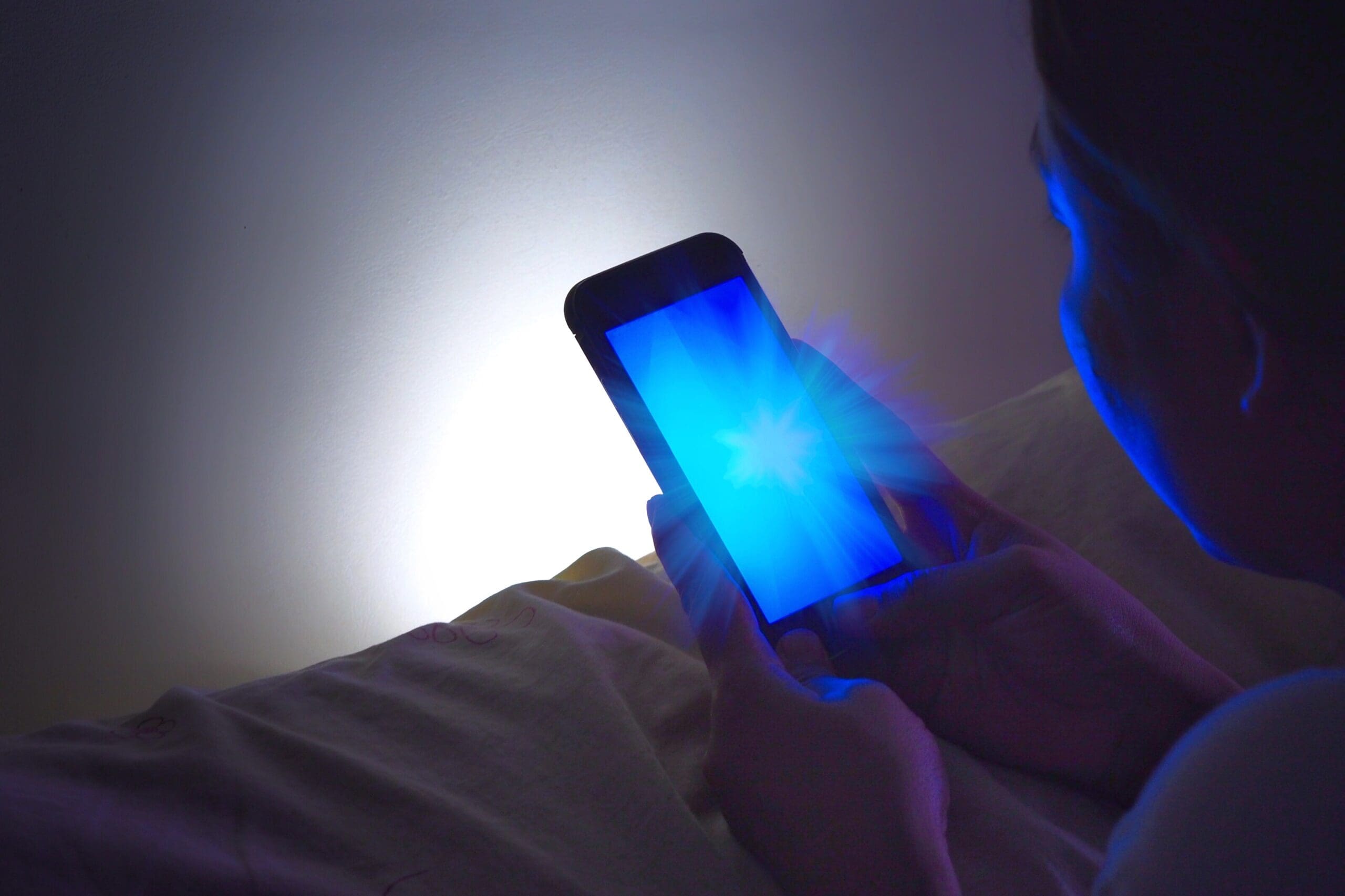

Avoid devices close to bedtime
The blue light emitted from TV, phones and iPads can suppress the secretion of melatonin -our “sleep hormone”. While light of any kind can disrupt melatonin secretion, blue light has the most powerful effect. Try to avoid screens 2 to 3 hours prior to bed or consider investing in blue-blocking glasses. Expose yourself to lots of bright light during the day as this can improve sleep outcomes at night as well as improve mood and alertness during daylight hours. Get into the habit of opening your blinds as soon as you wake up and/or going for a walk during the day.


Limit intake of sugar and caffeine
Particularly in the afternoon and evening, avoid foods that contain sugar or caffeine as they act as stimulants which provide energy and increase your level of alertness which is not what you want close to bedtime. For all those coffee lovers, make sure to consume your cuppa joes in the morning. If you struggle with sugar cravings in the afternoon and evening, try having a smoothie containing our extremely high-protein, low-carb Synd X powder. Synd-X helps to balance blood sugar levels, decrease cravings for carbohydrates and reduce hunger levels.
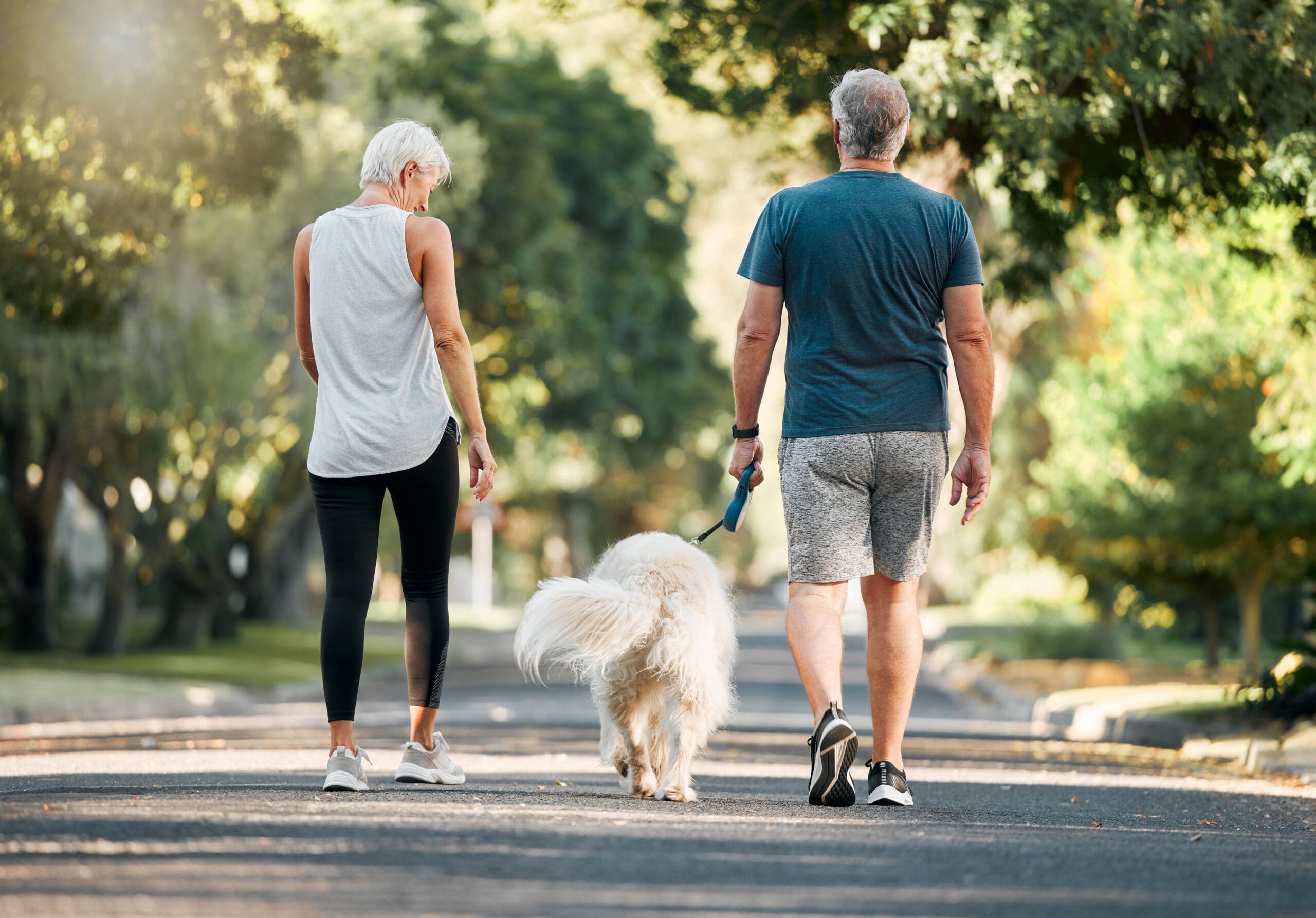

Exercise regularly
Not only is exercise beneficial for general physical and mental health, but it also can help you to sleep better. Good forms of exercise include running, lifting weights, swimming, dancing or even going for a walk around the block. It was previously thought that working out in the evening would disrupt a good night’s sleep, however recent studies have now shown that not only does evening exercise not affect sleep, but also appears to decrease the length of time to fall asleep as well as encouraging deeper sleep. However, we recommend avoiding high-intensity interval training such as running or lifting heavy weights less than an hour before bedtime as this can affect sleep quality and time taken to fall asleep.


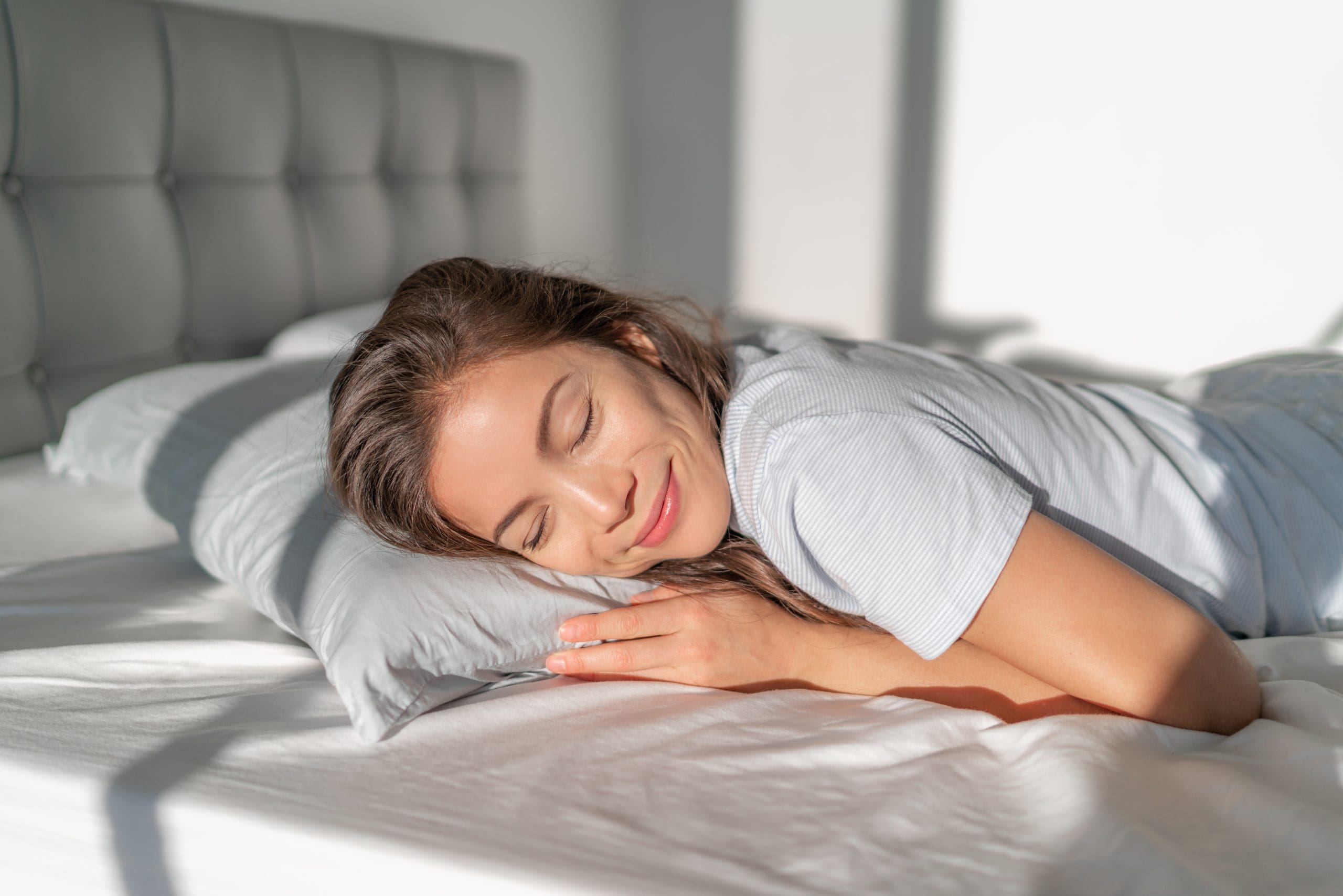






Leave A Comment